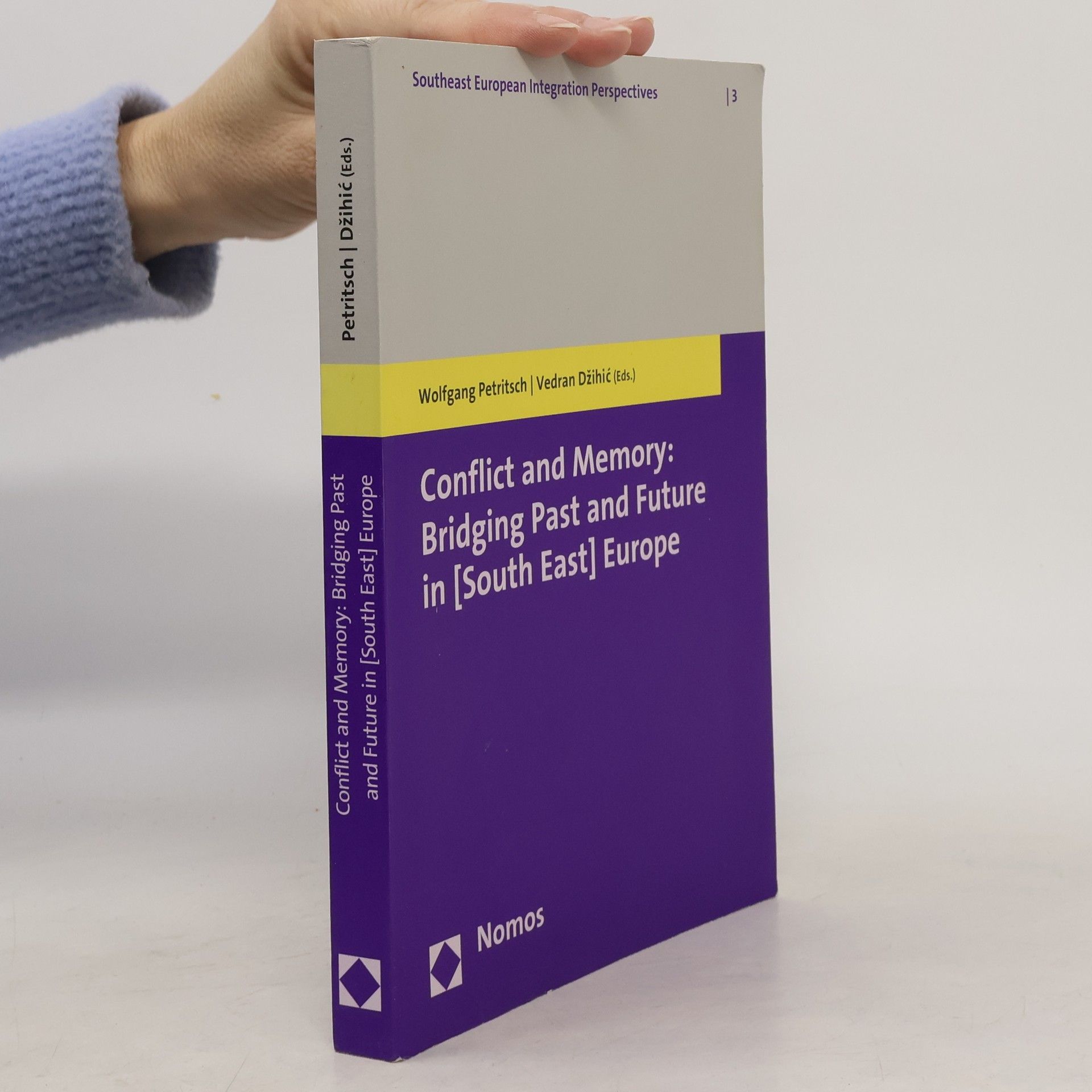Christophe Solioz Knihy



Turning-points in postwar Bosnia
- 171 stránek
- 6 hodin čtení
The tenth anniversary of the Dayton Peace Agreement in December 2005 provides a unique occasion to review its achievements and shortcomings, as well as future challenges to be faced both by the international community and Bosnia and Herzegovina itself. The country has received huge amounts of attention and inquiry; this book outlines some basic trends, focusing on three essential issues: democratisation and transitions processes, country owner-ship, and potential turning points. These issues are addressed in a non-dogmatic way in the spirit of constructive criticism. The conclusion is that both the EU and Bosnia must take their opportunities and responsibilities now.
Conflict and Memory presents a collection of essays focusing reconstructed past in Europe. The book approaches the Balkans as integral part of the common European history. In fact, many countries that are already European Union members also have conflicting memories and are to this very day involved in a complex process of, first, coming to terms with their own past; second, acknowledging each other"s conflicting memories; and, third, trying to (re)construct a common European memory as part of transnational memory spaces. The essays highlight the different memory discourses. Against the background of country-specific and comparative studies, they offer convincing analyses and arguments as to why the process of dealing with the past has to be seen both against the background of European history and in the context of the European Union integration process.